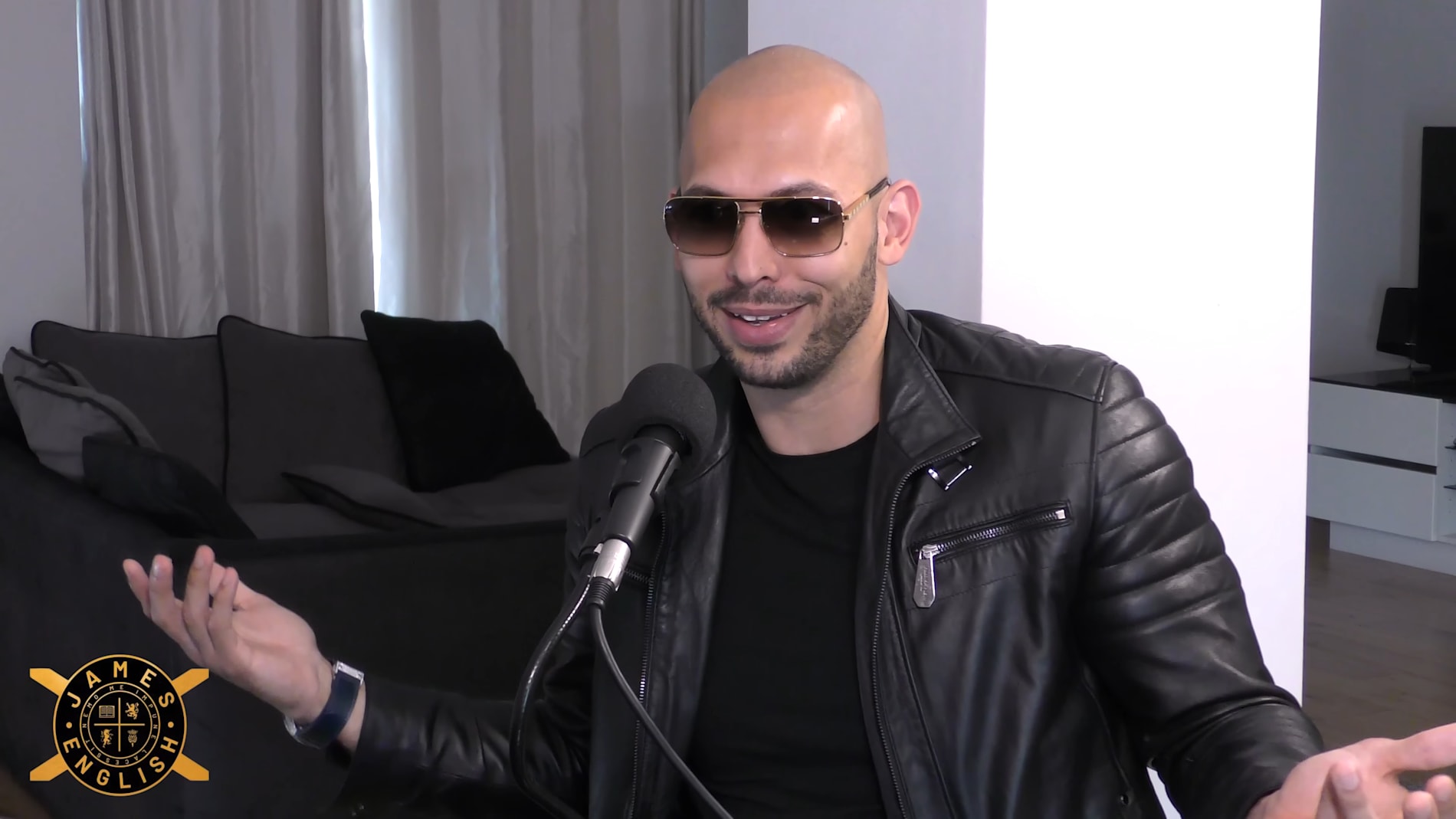
Read the Charter of Independence here.
“I am an absolute sexist, and I’m absolutely a misogynist."
These were the words of American and British social media personality Andrew Tate in 2021, on James English’s Anything Goes podcast.
Tate, who is on trial with his brother in Romania on charges of human trafficking and rape, has an extensive history in the public eye.
In 2016, he was a contestant on Big Brother UK, but was removed after six days on the program after a video revealed him attacking a woman, which he denied.
In 2022, he was banned from X (formerly Twitter), after tweeting that women should “bear responsibility” for their assault.
Tate's influence on young boys is widespread, with many of his followers, particularly young boys, echoing his ideologies on the treatment of their counterparts in school.
In Australia, teachers are reporting a spike in misogynistic behaviour in classrooms.
For instance, Lisa Xie, a secondary teacher at Box Hill High School, said she has witnessed a “definite shift in the way young boys act in the classroom" since she started teaching in 2017.
The manosphere is a collection of anti-feminist ideologies prominent on online forums including Reddit, TikTok and X.
At the centre of these online discourses are public figures like Tate.
Monash Gender and Family Violence Prevention Centre research fellow Dr Sarah McCook explains that the online manosphere often reinforces harmful gender roles that are reflected in real life.
“The manosphere reproduces and exacerbates gender norms and ideologies that promote male supremacy and justify or excuse the use of violence to maintain that power structure,” she said.
Tate has gained numerous followers by promoting 'self-help' videos and programs aimed at targeting young boys and men.
“You have someone offering you a narrative that says, 'You’re not the problem, it's all these things like feminism, women, gender equality and diversity policies, you can have that power back if you just follow the things I say',” McCook said.
Monash Professor of Education and Social Justice Steven Roberts said that the manosphere is not a new concept and has been around for nearly two decades.
“What we’re seeing now is a groundswell, there’s a growing awareness of it because of a combination of different factors that produce a perfect storm," Roberts said.
The reason it has now become more sinister is because of a “new cultural endorsement”, he added.
“It’s almost like sexism on drugs”.
Gender-based bullying or harassment is often excused as humour, which Roberts said creates a “normalisation of the joke”.
According to Xie, young individuals engaging in this kind of rhetoric often don’t understand the gravity of their actions and words.
“Boys in Year 8 and Year 9, especially, don’t see the problem with their behaviour,” she said.
As a means to aid these issues, the Victorian Government has implemented lessons to teach students “how to recognise and respond to toxic masculinity, hate speech and coercive control online” as part of a Respectful Relationships Initiative.
The program aims to focus on developing skills to “counter the influence of Andrew Tate types”, emphasising conversations around consent, sex-tortion, pornography and gender-based bullying.
Without meaningful change, Roberts said, “we risk girls not participating in school, opting for all-girls schools or withdrawing from education” altogether.
While all-girls environments can be more beneficial for female students as they feel safer and perform better academically, it could have negative consequences for male students.
“Boys often do better when girls are around, and they become better, more rounded humans that we need. We need boys to know that they’re not separate from women, to be able to develop their empathy for girls and women,” Roberts said.
Yearly surveys taken at Xie’s workplace report that a large number of female students don’t always feel safe with their male peers. Likewise, research by Roberts, McCook and a team of researchers reflects this data.
“We see that in the research … what were bright, bubbly girls are just too scared to say anything. They’d just rather be quiet," Roberts said.
"They don’t want to draw attention to themselves.”
In tackling this phenomenon, Roberts said, an onus needs to be put on social media companies to bear responsibility for the acceleration of these issues by increasing moderation and preventing derogatory and harmful terms surrounding women.
However, he points out that many platforms, including Facebook, X, and Telegram, are moving in the opposite direction by allowing hate speech to flourish.
Recently, on a three-hour podcast with Joe Rogan, Elon Musk, owner of social media platform, X, stated that “the fundamental weakness of Western civilisation is empathy.”
Roberts disagrees, saying “what we’re trying to cultivate is the opposite".
"The solution actually is to try and raise levels of empathy,” he said.
This sentiment is echoed by McCook, who says adequate federal funding must be dedicated to achieving long-term changes to gender inequality and addressing systemic gendered violence.
Until then, an emphasis needs to be put on “what we can do at a social or cultural level to teach relationship skills, communication skills and to support empathy”.